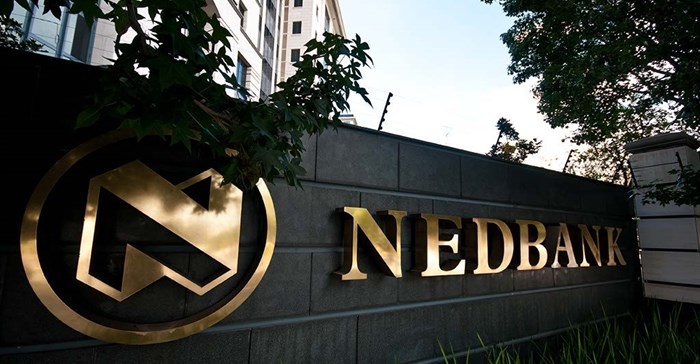
Related
Top stories






More news









Logistics & Transport
Uganda plans new rail link to Tanzania for mineral export boost















Nedbank said it had grown earnings 16,2% to R11.8bn for the year to December. Including ETI, Nedbank's earnings rose only 5,9% to R11,5bn, due to a R676m loss at ETI in the fourth quarter of 2015. Nedbank accounts for its 21,2% share of ETI's earnings a quarter in arrears.
In 2015, ETI made provision for impairment losses after a strategic overhaul of its processes and portfolios, resulting in bad-debt charges of $357m and a $199m loss in the fourth quarter. Nedbank's share of these charges was about 40m.
ETI has since turned the corner, reporting pretax profit of 281m in the nine months to September 2016, translating into income of R551m for Nedbank.
Offset against the previous R676m loss and R249m in funding costs, ETI brought in total headline losses of R374m for the bank.
"ETI was affected by shortterm challenges in Nigeria," said Nedbank CEO Mike Brown. The West African bank was a longterm investment, he said.
Adrian Cloete, portfolio manager at PSG Wealth, agreed.
"The impact of ETI's [2015 fourth-quarter] losses is behind them now, and ETI does give Nedbank a low-risk way of participating in the long-term growth prospects of the West and Central African region."
Nedbank's total loans and advances rose 3,7% to R707,1bn at the end of December, compared with growth of 11.2% the previous year.
"Loan growth is slow because economic growth is weak," Brown said.
"Average loans during the year grew by about 7%, and this was mainly due to weak growth in the South African economy and South African consumers being under pressure."
The industry, as a whole, reported growth of about 5% in credit extensions to private households by the end of November 2016.
Despite pressure on consumers, Nedbank reduced credit losses to 0,68% of gross loans and advances, compared with 0,77% previously and marking a change from rival Barclays Africa, which reported last week that its credit losses had risen to 1,08% from 0,92%.
Brown attributed the better performance to two factors.
"Nedbank has an exposure of about 52,8% to corporate clients and 42% retail, while at Absa it's the other way round."
Absa, Barclays Africa's South African arm, has a 52% exposure to retail customers, with its corporate and investment bank contributing just 31,8%.
Nedbank's corporate and business banking unit has won large clients, including two large municipalities and a parastatal entity. "We got a bigger share of their banking," Brown said.
The second factor, which Brown credits for the reduction in the bank's credit losses, is its efforts, during the 2014 to 2015 financial years, to improve its credit book. "We lent less to retail customers. Credit losses today are a result of a higherquality customer base."
Brown does not expect the trend in credit losses to continue. He expects it to rise slightly, yet remaining below 0,8% due to SA's current credit cycle.

For more than two decades, I-Net Bridge has been one of South Africa’s preferred electronic providers of innovative solutions, data of the highest calibre, reliable platforms and excellent supporting systems. Our products include workstations, web applications and data feeds packaged with in-depth news and powerful analytical tools empowering clients to make meaningful decisions.
We pride ourselves on our wide variety of in-house skills, encompassing multiple platforms and applications. These skills enable us to not only function as a first class facility, but also design, implement and support all our client needs at a level that confirms I-Net Bridge a leader in its field.
Go to: http://www.inet.co.za